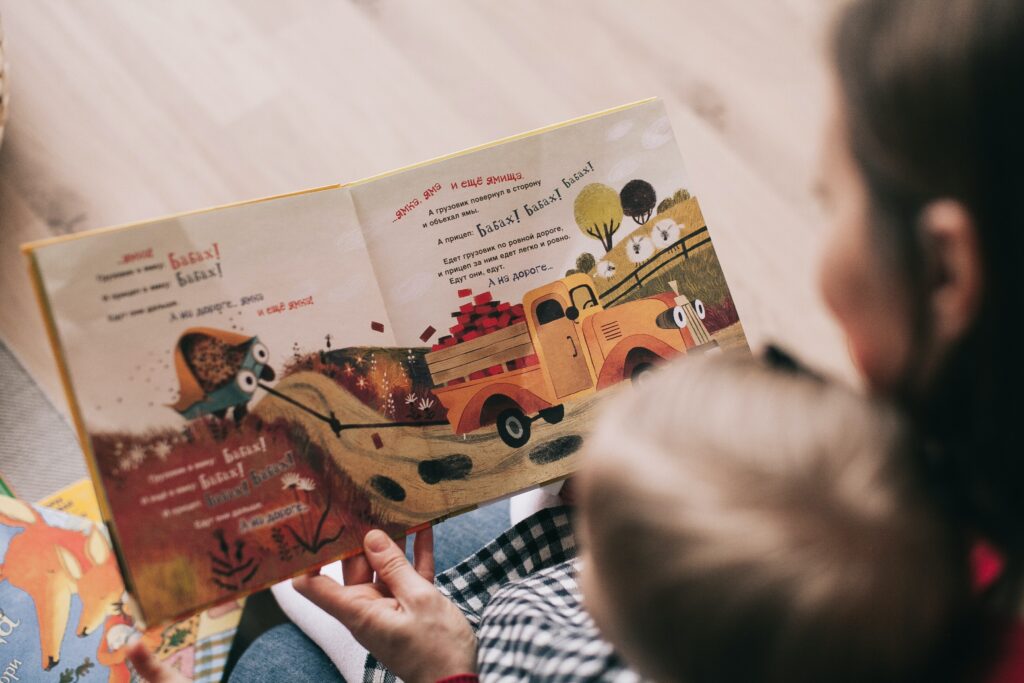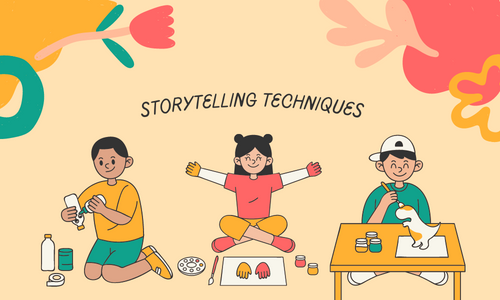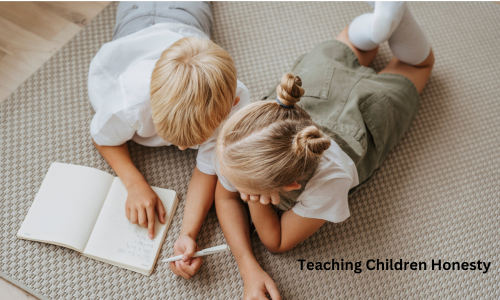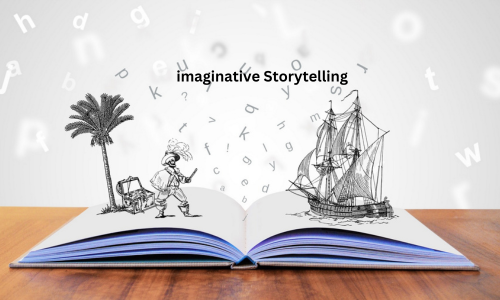Storytelling is an ancient tradition that has been passed down through generations. It captivates our imagination, transports us to different worlds, and teaches valuable lessons. But storytelling isn’t just a form of entertainment; it also offers numerous benefits for your child’s development. This article will explore seven ways storytelling can positively impact your child’s growth and provide them with essential skills for the future.
Table of Contents
The Power of Storytelling
Storytelling has an inherent power to engage, inspire, and educate children. Whether through books, oral tales, or digital media, stories can capture a child’s attention and transport them to new worlds. The power of storytelling lies in its ability to stimulate imagination, encourage emotional connections, and convey important messages in a relatable manner.
Boosts Imagination and Creativity
Story boarding exercises can ignite your child’s imagination and enhance their creative thinking abilities. As they immerse themselves in the narrative, they visualize characters, settings, and events, encouraging their minds to explore new possibilities. This imaginative process nurtures creativity as children generate their ideas, stories, and artwork inspired by the tales they hear.
Enhances Language and Communication Skills
Storytelling is a powerful tool for developing language and communication skills in children. Listening to stories exposes them to a rich vocabulary and sentence structures, expanding their linguistic abilities. Additionally, storytelling encourages active listening, comprehension, and the ability to express thoughts and ideas coherently. As children become more adept at storytelling, they improve their oral and written communication skills, which are essential for academic success and beyond.
Develops Emotional Intelligence
Emotions play a crucial role in storytelling, as characters experience various feelings throughout a narrative. Children develop empathy and emotional intelligence by connecting with the characters’ emotions. They learn to identify and understand different emotions, perspectives, and experiences, which can enhance their social interactions and relationships with others. Moreover, storytelling allows children to explore their feelings, fostering self-awareness and emotional regulation.
Fosters Cognitive and Critical Thinking Abilities
Storytelling stimulates cognitive development and critical thinking skills in children. Their analytical and problem-solving abilities are enhanced by following the plot, anticipating outcomes, and making connections between events. Storytelling also introduces complex concepts, such as cause and effect, character motivations, and moral dilemmas, encouraging children to think critically and explore different perspectives. These skills are invaluable for academic success and lifelong learning.
Cultivates Empathy and Moral Values
Stories often convey moral lessons and ethical dilemmas, teaching children about right and wrong in a relatable context. By witnessing the characters’ actions and consequences, children develop a sense of empathy and learn about moral values. They understand the importance of kindness, honesty, courage, and other virtues which guide their behavior and decision-making. Storytelling provides a safe space for children to navigate complex moral situations and understand the impact of their choices.
Strengthens Bonding and Social Connections
Storytelling is a shared experience that strengthens the bond between parents and children and among siblings or friends. When a parent or caregiver reads to a child or when children engage in group storytelling activities, they create a sense of togetherness and belonging. Sharing stories also promotes active listening, turn-taking, and respectful communication, fostering positive social interactions and developing critical social skills.
Conclusion
Storytelling offers a multitude of benefits for your child’s development. It boosts imagination, enhances language and communication skills, develops emotional intelligence, fosters cognitive and critical thinking abilities, cultivates empathy and moral values, and strengthens bonding and social connections. Incorporating storytelling into your child’s routine gives them a powerful tool for growth, learning, and personal development.
Frequently Asked Questions
How can I incorporate storytelling into my child’s daily routine?
You can read storybooks to your child before bedtime, create storytelling sessions where they can narrate their tales, or even use puppets or props to make storytelling more interactive and engaging.
At what age should I start storytelling with my child?
You can begin to introduce storytelling from a young age, even before your child can understand the words. Infants and toddlers benefit from the rhythm and melody of your voice, while older children can actively engage with the story’s content.
Can storytelling help improve my child’s academic performance?
Yes, storytelling can indirectly improve academic performance. By enhancing language skills, critical thinking, and creativity, storytelling provides a strong foundation for various academic subjects and fosters a love for learning.
Are there any specific types of stories more beneficial for children?
Different kinds of stories offer various benefits. Fairy tales develop imagination and morality, while educational levels enhance knowledge and problem-solving skills. Explore a variety of genres to cater to your child’s interests and development.
How can I make storytelling more interactive and engaging for my child?
You can encourage your child to participate in the storytelling process by asking open-ended questions, inviting them to predict the story’s ending, or encouraging them to create their characters and plots.
Final Thought
Storytelling is a powerful tool that benefits your child in numerous ways. By embracing the art of storytelling and incorporating it into their lives, you nurture their imagination, language skills, emotional intelligence, critical thinking abilities, empathy, and social connections. So, grab a book, create magical tales, and embark on an enriching journey with your child through the captivating world of stories.




